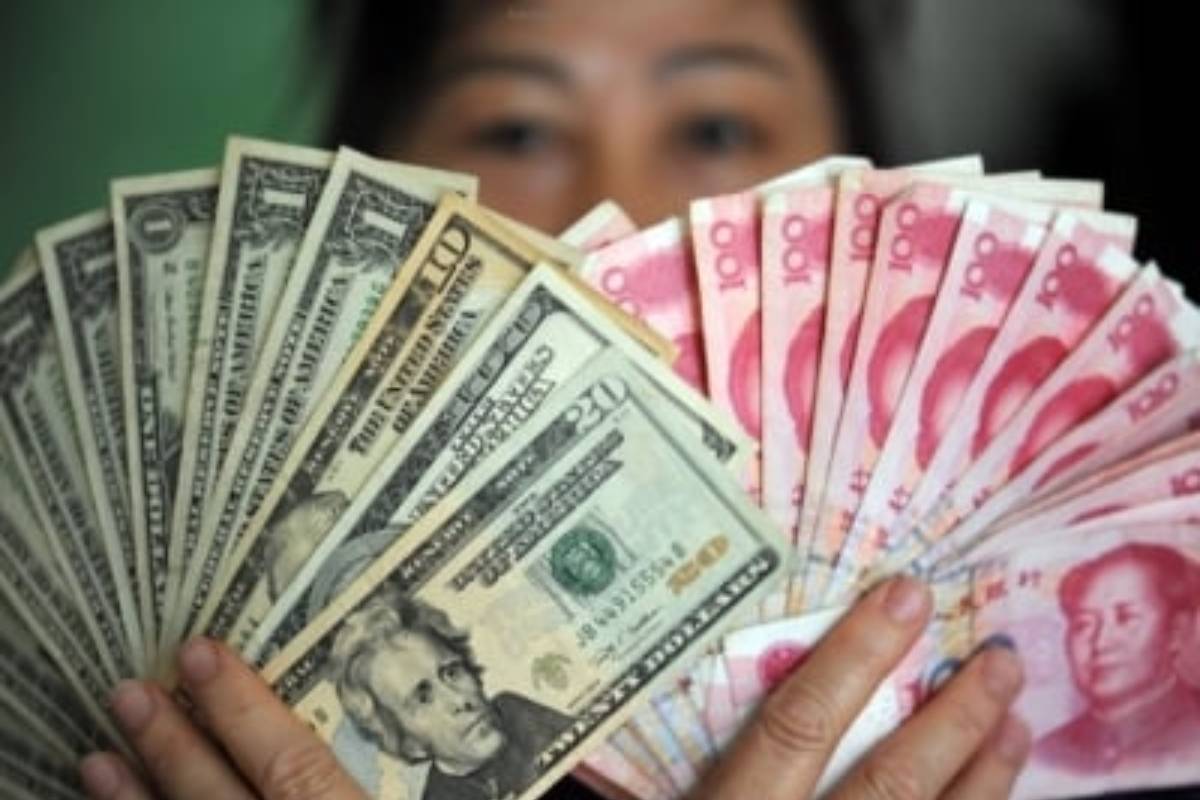China’s economy, once lauded for its rapid growth, now faces a critical juncture as it struggles to maintain momentum. Recent indicators point to a slowing industrial output, a steep decline in new home prices, and rising unemployment, all of which paint a concerning picture for the world’s second-largest economy. In response, the Chinese government, under Premier Li Qiang, is placing renewed emphasis on stimulating consumption as a means to rejuvenate growth. But can this strategy deliver the desired results, or does it merely serve as a temporary fix to deeper structural issues?
The Chinese leadership’s focus on boosting household income and stimulating domestic demand is a necessary pivot, given the waning effectiveness of traditional growth drivers like infrastructure investment and manufacturing. For decades, China relied on large-scale infrastructure projects to fuel its economy, but the diminishing returns from these investments are becoming increasingly apparent.
Advertisement
With much of the country’s infrastructure already developed, additional spending in this sector offers little in terms of new growth. Moreover, the focus on advanced manufacturing, while strategically sound in the context of global trade tensions, does not address the immediate need to bolster domestic consumption. One of the more controversial ideas resurfacing in policy discussions is the distribution of consumption vouchers. This approach, reminiscent of measures taken by other nations during the Covid-19 pandemic, is being considered as a way to directly stimulate consumer spending. Proponents argue that injecting cash or vouchers into the economy could provide a much-needed boost to domestic demand, especially as consumers have become increasingly cautious amid economic uncertainty. However, this strategy is not without its risks.
Critics of the voucher system point out that such measures may only provide a short-term boost to consumption without addressing the underlying issues plaguing the economy. The fact that China’s property market, a key source of household wealth, has seen a significant decline is particularly troubling. When people feel poorer, they tend to spend less, regardless of short term incentives like vouchers. Thus, the effectiveness of this strategy hinges on whether it can be coupled with broader efforts to stabilise and revive the property market and other wealth-generating sectors. Furthermore, expanding the budget deficit to fund these vouchers could have long-term implications for China’s fiscal health. While immediate intervention is necessary to prevent a further slowdown, policymakers must tread carefully to avoid creating a situation where short-term fixes lead to long-term financial instability. China’s focus on boosting consumption as a means to revitalise its economy is both timely and necessary.
However, this strategy alone may not be sufficient to address the deeper structural challenges that the country faces. A comprehensive approach that includes measures to stabilise the property market, restore consumer confidence, and ensure sustainable growth is crucial. Without such a balanced strategy, China risks falling short of its growth targets, with broader implications for both the domestic and global economy.











